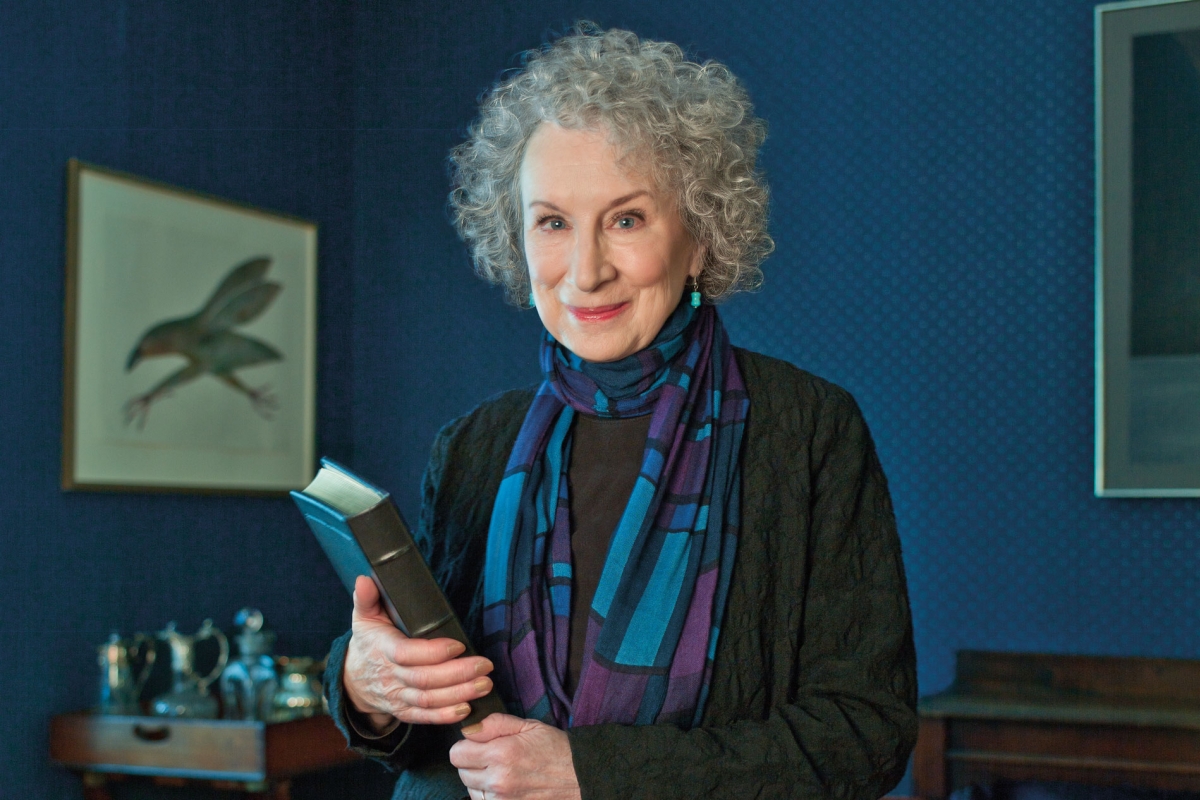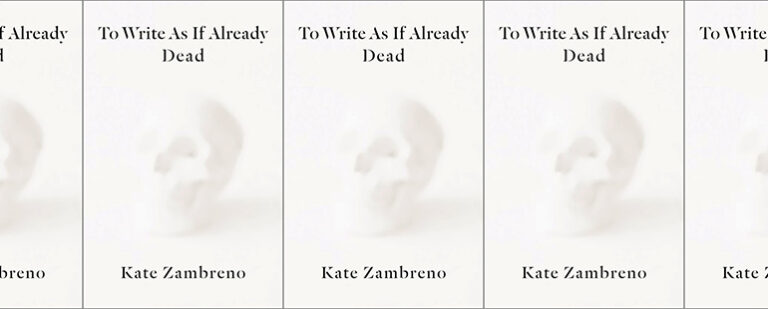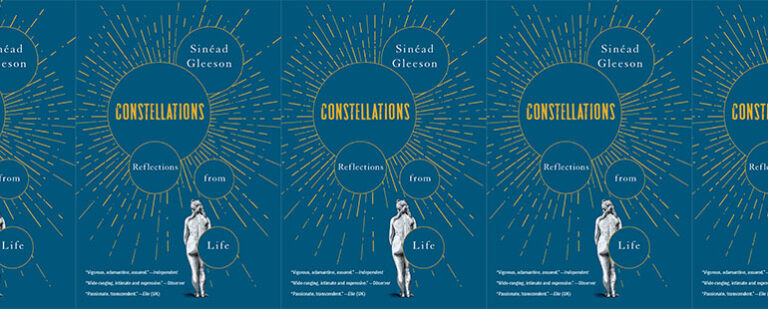Author Worship
 The Canadian literary scene has been tumultuous lately, following Stephen Galloway’s dismissal from UBC following allegations of sexual assault. A number of prominent Canadian authors, including Margaret Atwood, Joseph Boyden, Michael Ondaatje, and Madeleine Thien, have signed a petition that denounced UBC’s conduct in the investigations that followed the allegations, and their lack of transparency. The letter raises several important points, but the phrasing unsettled many who felt that Galloway’s welfare was the only concern throughout, at the expense of the people who’d come forward to accuse him.
The Canadian literary scene has been tumultuous lately, following Stephen Galloway’s dismissal from UBC following allegations of sexual assault. A number of prominent Canadian authors, including Margaret Atwood, Joseph Boyden, Michael Ondaatje, and Madeleine Thien, have signed a petition that denounced UBC’s conduct in the investigations that followed the allegations, and their lack of transparency. The letter raises several important points, but the phrasing unsettled many who felt that Galloway’s welfare was the only concern throughout, at the expense of the people who’d come forward to accuse him.
Backlash then came in the form of another open letter, signed by other Canadian authors, scholars, and cultural workers who argued that the country’s literary establishment was subsuming and erasing the severity of the allegations under outrage over university policy and concern for Galloway’s wellbeing, and thus perpetuating the cycle of violence victims of sexual assault must endure. In short, the establishment is protecting its own (“why! I know Galloway, and he would never”).
Whether or not the allegations against Galloway are true, and regardless of the fact that the university has not been entirely transparent regarding this, two aspects of this situation struck me most.
First, there was the puzzlement, on some people’s part, that writers would have anything to say about such a thing. Those are the people who say that authors should stick to what they know best – writing, making stories, using words – and that they shouldn’t dabble in politics. And yet, all of history points to the fact that a writer’s job has always exceeded the mere confines of the page. The idea that writers should refrain from saying anything about politics is preposterous.
However, what I cannot fathom is the content itself of the response. I cannot reconcile what I know of Atwood through her work – which I’ve always read (and I’m not the only one, obviously) as clearly feminist in its denunciation of patriarchal violence against women – with the vitriol expressed in both the open letter and the additional statement she wrote for The Walrus and where she states:
To take the position that the members of a group called “women” are always right and never lie—demonstrably not true—and that members of a group called “accused men” are always guilty—Steven Truscott, anyone?—would do a great disservice to accusing women and abuse survivors, since it discredits any accusations immediately.
She wrote this in a culture where women, and victims of sexual assault in general, are routinely not believed when they come forward. She didn’t just sign the initial open letter; she doubled down on her position and contributed, through her language and actions, to the very patriarchal mindset she so relentlessly combats in her works. What can one make of the ensuing cognitive dissonance?
This was not the first time I’d become disappointed in an author when I realized that their ‘real-world’ politics didn’t entirely match the ones they propounded in their writing, and it surely won’t be the last. There are countless writers whose writing is quite fine, but who spout sexist, homophobic, transphobic, racist, ableist, and otherwise insensitive and ignorant nonsense, when one would expect them to know better.
Does this mean though that readers should lower their expectations? I don’t think so – the fault doesn’t lie with me for having certain expectations derived from what I’ve read. It’s reasonable to expect Atwood to take a more nuanced approached of the situation, instead of re-erasing certain types of voices. The questions now are, does this make us read her work in a new light? Is this to be seen as a one-time thing, a lapse in judgment as it may happen? She did issue another statement, later on, stating that “We’re sorry we hurt any survivor people out there by seeming lacking in empathy for your experiences. Our letter was not intended to wound you, but it seems to have done, and for that we apologize.” But did the original letter merely seem lacking in empathy? Can we really believe Atwood ignores how little intentions matter?
But is it also possible that we take to task female authors more often than male authors for their opinions and views? There’s a peculiar kind of scrutiny that comes with being a writer and a woman that men don’t seem to encounter. I’ve seen most people talk about Atwood being on the list, or Thien – which is understandable, since their presence is perceived as out of step with their general positions. But fewer talk about Boyden and Ondaatje’s signatures, and what these represent. On a broader scale, the overt misogyny of countless male authors has been routinely, and is still being normalized – dismissed and ignored as something not worth talking about, because it’s so normal. The specific brand of male author worship has especially got to go – the passionate fanbases of the Foster Wallaces and Bukowskis of the world come to mind, that would sooner tear you apart than let you imply that their deities could be jerks.
This mode of author worship is unhealthy. It stems from the refusal of critical inquiry and a persistent identification to an author that makes any criticism feel personal. We cannot worship authors, yet I do believe, for that same reason, that we must keep on holding them to higher standards, if we do believe in the power of literature as a catalyst for change. Writers may be flawed like everyone else, but they are intimately acquainted, through their creative practice, with the workings and nuances of the human mind. As such, we can’t pretend that their positions on the public, social, and political scene aren’t significant, and calling them out becomes crucial when they start colluding with dominant powers and reinforcing the status quo.


